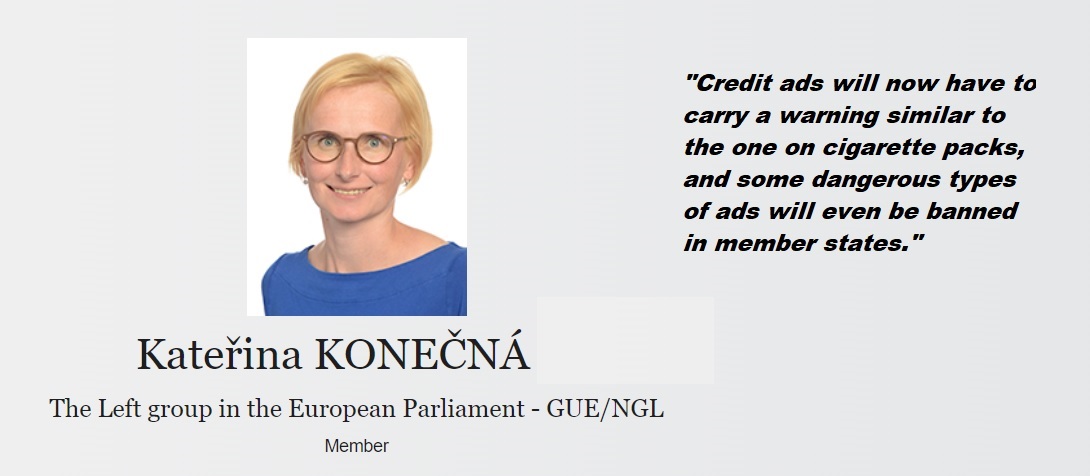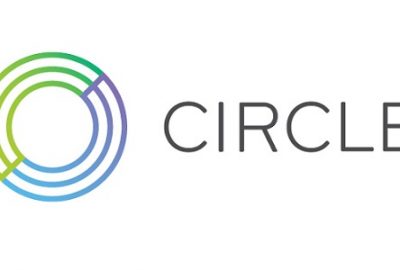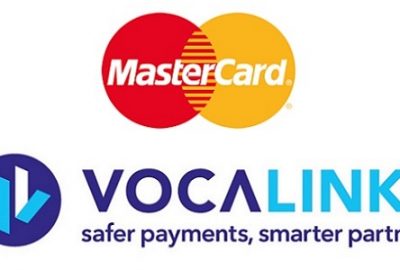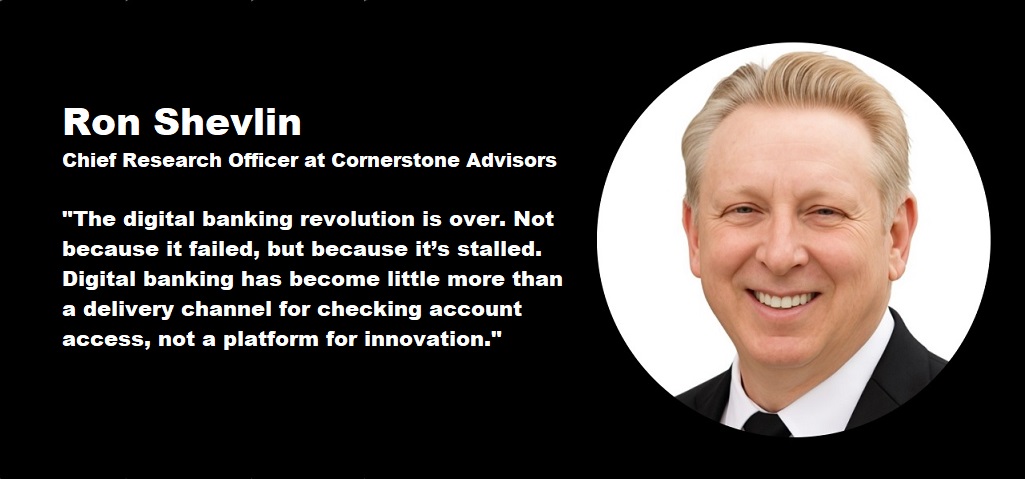Deal on new rules to protect consumers from taking on too much debt

Member states will have to ensure that consumers have the right to withdraw from a credit agreement without any reason within 14 days. Consumers will have the right to early repayment and to reduce the total cost of their credit. Pre-contractual information should clearly specify how this compensation is to be calculated. Stricter rules on advertising to reduce miss-selling to over-indebted consumers.
MEPs reached a provisional deal with Council on new measures protecting consumers from credit card debt, overdrafts and loans unsuitable for their financial situation.
On Friday morning, negotiators from Parliament and Council reached a provisional political agreement to update the EU’s rules on consumer credit. „The new directive on consumer credits (CCD) aims to make the credit markets function smoothly while ensuring a high level of consumer protection.” – according to the press release.
According to the deal, the legislation will cover credit agreements of up to €100,000.
Creditworthiness assessment
Negotiators agreed that member states will require a creditor, before concluding a credit agreement, to make a thorough assessment of a consumer’s creditworthiness, in the consumer’s interest and to prevent irresponsible lending practices and over-indebtedness. The assessment should verify the capacity of the consumer to meet their obligations.
Moreover, EP negotiators secured a measure that protects cancer survivors applying for credit for which an insurance is required, whereby they have the “right to be forgotten” after a relevant period of time so their former illness does affect the insurance rates.
Consumer protection
Non-bank creditors and credit intermediaries (except micro enterprises and SMEs) will be subject to an admission process, and registration and supervision by national independent authorities.
EP negotiators also secured a provision in the agreement so that credit advertising should always contain a clear and prominent warning that borrowing money costs money. Advertising should not encourage consumers to seek credit by suggesting it would improve their financial situation, that credit leads to an increase in financial resources, constitutes a substitute for savings, or can raise a consumer’s living standards.
MEPS also succeeded in including measures, such as caps, to prevent abuses and ensure that consumers cannot be charged excessive interest rates, annual rates, or charges on loans or the total cost of credit.
At the insistence of MEPs forbearance measures, in order to deal proactively with emerging credit risk at an early stage, will be obligatory. Creditors will be required to assist consumers in case of difficulties with repayment and impose charges no higher than necessary to compensate for costs resulting from a default.
With overdraft facilities and credit overrunning increasingly common and expensive forms of credit, negotiators made sure these financial products will be regulated to increase consumer protection and avoid over-indebtedness.
Right to withdrawal and early repayment
Member states will have to ensure that consumers have the right to withdraw from a credit agreement without any reason within 14 days. Consumers will have the right to early repayment and to reduce the total cost of their credit. Pre-contractual information should clearly specify how this compensation is to be calculated.
Kateřina Konečná (The Left, CZ), the lead MEP said: „In this time of economic crisis, we have prepared legislation that will really protect consumers in the field of consumer credit. For the first time in history, we managed to enforce the guarantee of the right to be forgotten for cancer patients in EU legislation. Credit ads will now have to carry a warning similar to the one on cigarette packs, and some dangerous types of ads will even be banned in member states.”
Commissioner for Justice, Didier Reynders, says: “In the current cost-of-living crisis, where consumers may need to use credit for their basic needs, it is absolutely crucial to ensure they have adequate information and protection. The digitalisation process, enhanced by the pandemic, profoundly changed the financial sector, and new forms of credit are being proposed to vulnerable consumers online. The new rules will contribute to increasing consumer confidence and will foster responsible practices, both online and offline.”
Next steps
The provisional political agreement reached by the EP negotiating team will now have to be approved first by the Internal Market and Consumer Protection Committee (IMCO), and then by a plenary vote. The Council also has to approve the deal, before it can come into force.
Dariusz Mazurkiewicz – CEO at BLIK Polish Payment Standard
Banking 4.0 – „how was the experience for you”
„To be honest I think that Sinaia, your conference, is much better then Davos.”
Many more interesting quotes in the video below:










